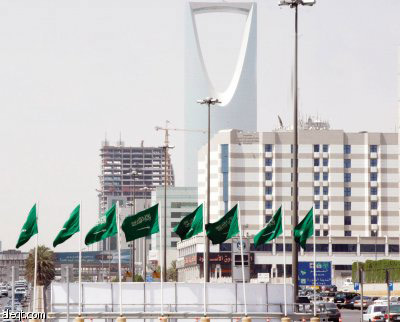Non-Saudi mothers of Saudi citizens are now entitled to enjoy most of the basic rights and privileges of Saudi women, according to a landmark decision taken by the Council of Ministers here on Monday Al Arabiyya reported.
The weekly session of the Cabinet, chaired by Crown Prince Salman bin Abdul Aziz, Deputy Premier and Minister of Defense, approved a number of regulations in this regard.
Minister of Culture and Information Dr. Abdulaziz Khoja said in a statement to the Saudi Press Agency (SPA) that the Cabinet approved granting non-Saudi mothers permanent residency status in the Kingdom without a sponsor. The State will bear their housing cost and allow them to work for others in the private sector. Employing such women will be counted in the percentage of Saudization.
Dr. Khoja said that non-Saudi mothers will be treated as Saudi nationals in terms of receiving general and university education as well as medical treatment in government hospitals. The Cabinet approved deleting paragraph three of its earlier decision which said that Saudi children of non-Saudi widows will be their sponsors according to Iqama regulations. Approval was also given for deleting paragraph five of the same decision which said that the sponsors have to meet non-Saudi widows' living expenses if they were not able to work due to a legal obstacle.
Combating cybercrime
Dr. Khoja said the Cabinet also passed a law to combat cybercrime. It endorsed the resolution, passed by the 33rd GCC summit held in Bahrain, with regard to the unified law to combat cybercrime in GCC countries. This will be considered as a guiding law for four years and forthwith it will be renewed automatically unless any member state objects to it.
The law will be called "Riyadh Document for the unified law to combat information technology crimes of the GCC countries."
The legislation targets those who create websites and publish information on the Internet or a computer network for the benefit of a terrorist group to enable contacts among its leaders or its members, to promote its views or funding. It also prohibits the dissemination of ideas that could affect public order or morality.
Most members of the six-nation GCC - Bahrain, Kuwait, Oman, Qatar, Saudi Arabia and the United Arab Emirates - have tightened their laws against cybercrime in recent years.
The Cabinet approved the standardization and gauging system, which aims at facilitating trade exchange with other countries by keeping pace with the global standardization and gauging systems.
Firm stance on Syria
At the outset of the session, Dr. Khoja said, the Cabinet reviewed international efforts and measures aimed at deterring the Syrian regime from committing any more inhuman practices against its own people. It renewed the Kingdom's firm position toward the Syrian crisis and its appeals to the international community to fulfill its humanitarian responsibilities to save the Syrian people and end their sufferings.
The Cabinet identified that among the most important reasons for instability in the Middle East are the continued Israeli occupation of the Palestinian territories, the rejection by the Israeli authorities of all international initiatives and resolutions, and their insistence to aggravate the situation through a host of atrocious practices against the Palestinian people.
The Cabinet condemned Israeli acts of aggression on worshipers at the Aqsa Mosque after Friday prayers, the ongoing storming of the Mosque, and the non-stop building of settlements to wipe out all hopes of establishing a Palestinian state in which the Palestinian people enjoy a decent living.






